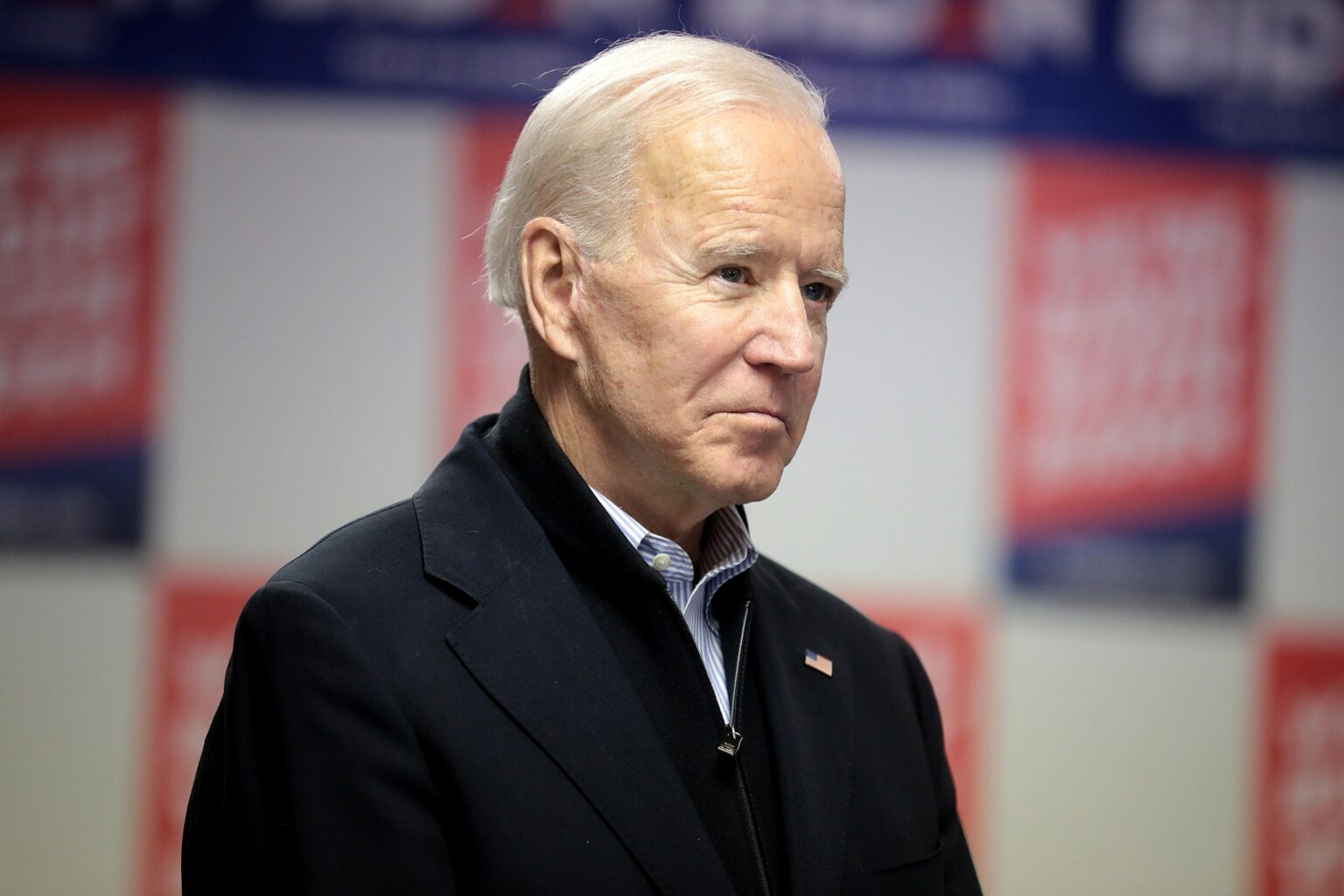Trump could win and some Democrats don’t care.
The responsibility for winning over voters during political campaigns is a topic of ongoing debate. Some argue that it falls solely on the shoulders of the political candidates, while others contend that voters bear the responsibility of selecting the “lesser of two evils.” This debate has gained prominence with the emergence of the “uncommitted” movement within the Democratic Party, where voters are withholding their support for President Joe Biden due to his stance on Israel’s conflict in Gaza.
In a recent conversation with Lexis Zeidan, a prominent Palestinian American activist and leader of the “Uncommitted National Movement,” she shared insights at a coffee shop in downtown Detroit. Zeidan highlighted a sentiment circulating on social media, where individuals refuse to endorse candidates who they perceive as complicit in acts they deem genocidal. The movement’s stance is clear: they reject being coerced into supporting candidates with questionable ethical records, particularly in matters as grave as genocide.
The movement gained traction following the Democratic primary in Michigan, where over 101,000 voters cast “uncommitted” ballots, signaling potential repercussions for Biden’s electoral prospects. Organizers like Zeidan, Layla Elabed, and Abbas Alawieh spearheaded efforts such as the “Listen to Michigan” campaign, demanding tangible policy changes regarding the Israel-Gaza conflict. Their demands include a cease-fire in Gaza, an end to US military aid to Israel, and the restoration of humanitarian assistance through organizations like UNRWA.
Despite pressure from partisan Democrats to prioritize defeating Trump, the uncommitted movement remains steadfast in its convictions. They reject the notion of choosing the “lesser of two evils” and are vocal about their dissatisfaction with the political status quo. Leaders like Dearborn Mayor Abdullah Hammoud emphasize that the movement transcends mere political calculus; it’s about principles and values that cannot be compromised.
While some critics dismiss the uncommitted movement as divisive, organizers view it as a catalyst for change within the Democratic Party. By withholding their support, they aim to push Biden and the party establishment towards more progressive policies. This strategy reflects a broader discontent within the Democratic base, particularly regarding foreign policy issues like the Israel-Gaza conflict.
In essence, the uncommitted movement represents a grassroots effort to hold political leaders accountable and push for meaningful change. It challenges the conventional wisdom of electoral politics and underscores the importance of principles over pragmatism in shaping democratic participation.
